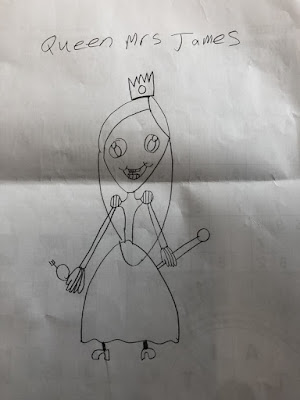Last week before hand in
The last week before all our work is due in. Where has the time gone? I can’t believe we are coming the end of module 3, the end of the course. A few thoughts from the group meeting we have had recently. Using reflection to keep learning Its good to take some risks Be clear in your communication and language Continue to evolve and develop your work Analysis methods- triangulation- finding common, emerging themes throughout all the data of each method of data collection. E.g., reflective journal, interviews and literature. Make sure you analyse the data rather than describe it. What is the data telling you- link it back to yourself and your practice. Critical reflection- explore how this research has changed you and will continue to change you and your practice. Editing- check for: Adjectives Long sentences Repetition I look forward to hearing about everyone else’s research in the presentations in a few weeks.
